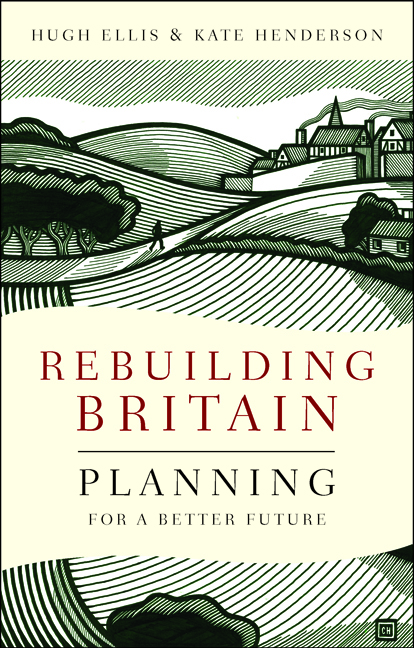13 - Providing a resilient and low-carbon future
Published online by Cambridge University Press: 04 March 2022
Summary
‘I am a firm believer that climate change is real, that it is impacted by human behavior and carbon emissions… And as a consequence, I think we’ve got an obligation to future generations to do something about it.’ (US President Barack Obama, 2012)
Economic and social opportunities in a low carbon society
We cannot eliminate the impacts of climate change, but we can invest now in mitigation and adaptation to reduce the risks we face and limit human suffering. Taking strong, bold steps to address and adapt to climate change need not invite economic gloom or widen inequality. In fact, the opposite is true. With the right leadership, policies and renewable energy technologies, we have the ability to radically reduce carbon dioxide emissions, promote green growth, improve energy efficiency and create more resilient communities in a socially equitable way.
We understand that politicians and policy makers often feel caught between conflicting goals when taking measures to tackle climate change. The economy is often played off against the environment, particularly in the media, but they are two sides of the same coin. On the one hand, we have all seen journalists interviewing politicians in flooded homes knee-deep in water saying that ‘we must take urgent action on climate change’. On the other hand we see the same politicians being interviewed in the TV News studios saying that taking action on climate change will create higher energy costs, slow economic growth and lower standards of living. In fact, with the right approach, the reverse is true.
The good news for communities, councils and businesses in Britain is that we have an extraordinary renewable energy resource.
A new energy mix
In Britain we have relied on large, centralised fossil-fuelled power stations to provide our energy for generations. According to government figures, coal produced 39% of the UK's electricity in 2012. This is not just bad for climate change in terms of emissions, but it also makes us geopolitically vulnerable as we are increasingly importing fuel. Our long-term energy security is a fundamental reason to diversify our sources of power. In addition, over a third of our current energy generation capacity is set to retire over the next 20 years and therefore we need to start planning for new energy generation now.
- Type
- Chapter
- Information
- Rebuilding BritainPlanning for a Better Future, pp. 109 - 124Publisher: Bristol University PressPrint publication year: 2014



